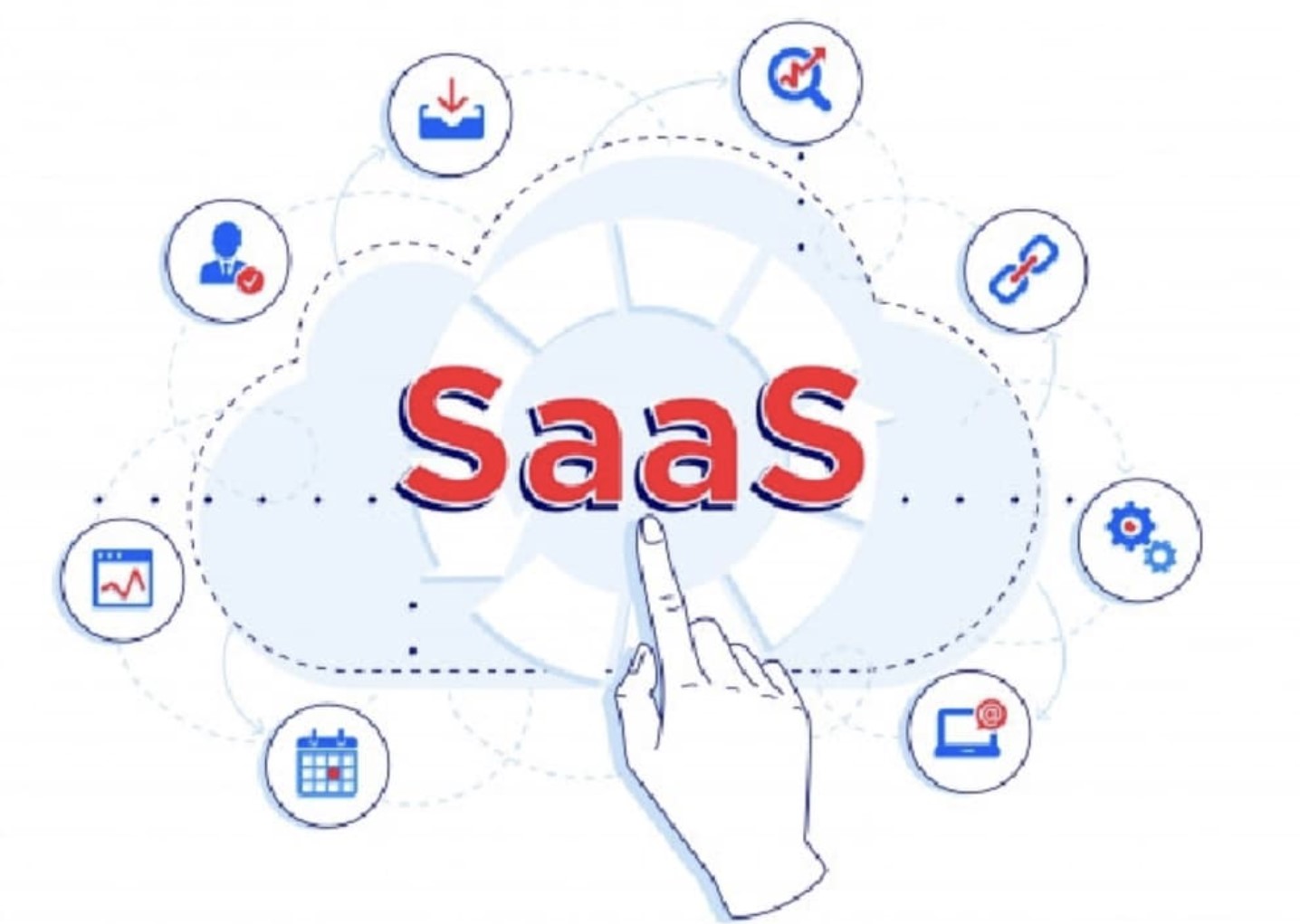Microsoft has been a household name for decades, primarily known for its operating systems and office productivity software. However, its footprint extends far beyond these realms, with a robust suite of accounting solutions tailored to businesses of all sizes. In this article, we’ll delve into the world of Microsoft Accounting, exploring its evolution, features, pricing, and more.

History and Evolution of Microsoft Accounting Software
Microsoft’s foray into accounting software began with products like Microsoft Money and Small Business Accounting. Over time, these offerings evolved into more comprehensive solutions, eventually culminating in the Microsoft Dynamics suite. Dynamics encompasses various ERP (Enterprise Resource Planning) and accounting software, catering to diverse business needs The history and evolution of Microsoft accounting software trace back to the early days of personal computing. Microsoft’s journey into accounting solutions began with the introduction of Microsoft Money in 1991. Initially positioned as a personal finance management tool, Microsoft Money quickly gained popularity among individual users for its intuitive interface and comprehensive features. As technology advanced and businesses sought more sophisticated financial management solutions, Microsoft recognized the growing demand for accounting software tailored to organizational needs. In response, the company ventured into the realm of business accounting with the launch of Microsoft Small Business Accounting in 2005.
Key Features and Benefits
Integration with Microsoft Office Suite
One of the standout features of Microsoft Accounting is its seamless integration with the Office suite. Users can leverage familiar tools like Excel and Outlook to streamline financial tasks, such as invoicing, budgeting, and reporting Integration with the Microsoft Office Suite has been a cornerstone feature of Microsoft accounting software since its inception. This seamless integration allows users to leverage familiar Office applications like Excel, Word, and Outlook to enhance their accounting workflows For instance, users can easily import and export financial data between Excel spreadsheets and their accounting software, facilitating data analysis, budgeting, and reporting. Similarly, integration with Outlook enables efficient communication and collaboration, such as sending invoices and tracking client correspondence directly from the accounting software.
Cloud-Based Solutions
In response to the growing demand for flexibility and accessibility, Microsoft offers cloud-based accounting solutions. These platforms enable users to access their financial data securely from any device with an internet connection, facilitating remote work and collaboration Cloud-based solutions have revolutionized the landscape of Microsoft accounting software, offering users unprecedented flexibility, accessibility, and scalability. With cloud-based accounting solutions, users can access their financial data securely from any internet-connected device, eliminating the constraints of traditional on-premises software installations. One of the key advantages of cloud-based accounting is the ability to work remotely and collaborate in real-time. Whether it’s accessing financial reports from a laptop at home or approving expenses on a smartphone while traveling, cloud-based solutions empower users to stay productive and responsive regardless of their location.
Automation and Efficiency
Microsoft’s accounting software is designed to automate repetitive tasks and streamline workflows. From transaction processing to reconciliation, these solutions help businesses save time and reduce manual errors, ultimately improving efficiency Moreover, cloud-based accounting software eliminates the need for costly infrastructure investments and maintenance, as the software is hosted and maintained by Microsoft on remote servers. This not only reduces upfront costs but also ensures that users always have access to the latest features and updates without the hassle of manual upgrades.
Versions and Pricing Options
Microsoft offers several versions of its accounting software, catering to businesses of varying sizes and industries. The pricing structure varies depending on factors such as the number of users and additional features required. Some popular options include:
- Microsoft Dynamics 365 Business Central: A comprehensive ERP solution suitable for small to medium-sized businesses.
- Microsoft Dynamics GP: Geared towards mid-sized enterprises, offering robust financial management capabilities.
- Microsoft Dynamics NAV: Designed for larger corporations with complex accounting needs, providing scalability and customization options.
Industries Served
Microsoft Accounting serves a diverse range of industries, including retail, manufacturing, healthcare, and professional services. Its flexibility and scalability make it adaptable to the unique requirements of different sectors, driving efficiency and growth.
Customization and Scalability
One of the strengths of Microsoft Accounting is its flexibility and scalability. Businesses can customize their software to align with specific workflows and processes, ensuring optimal performance and user experience as they grow and evolve Security is a top priority for cloud-based accounting solutions, with Microsoft implementing robust measures to safeguard sensitive financial data. Encryption, multi-factor authentication, and regular security audits are just some of the measures employed to protect user information and ensure compliance with industry regulations.
Customer Support and Training Resources
Microsoft offers comprehensive customer support and training resources to help users maximize the value of their accounting software. From online tutorials to dedicated support teams, assistance is readily available to address any queries or concerns Customer support and training resources are integral components of Microsoft’s commitment to ensuring a positive user experience with its accounting software. Whether users encounter technical issues, have questions about software functionality, or require assistance with implementation and training, Microsoft offers a variety of support options to meet their needs
Security and Compliance
Security and compliance are top priorities for Microsoft, especially concerning financial data. Its accounting software adheres to stringent security standards and regulatory requirements, providing peace of mind to users regarding data protection and confidentiality One of the primary avenues for customer support is through online resources, including knowledge bases, user guides, and troubleshooting articles. These resources provide users with step-by-step instructions and troubleshooting tips to help them resolve common issues independently and make the most of their accounting software.
User Experience and Interface
Microsoft Accounting prioritizes user experience, with intuitive interfaces and user-friendly navigation. Whether accessing the software via desktop or mobile devices, users can easily navigate through various modules and functionalities, enhancing productivity and satisfaction In addition to online resources, Microsoft maintains community forums where users can interact with fellow users, share tips and best practices, and seek advice from experienced community members. These forums serve as valuable platforms for peer-to-peer support and collaboration, fostering a sense of community among users.
Comparison with Competitors
While Microsoft Accounting boasts numerous strengths, it’s essential to compare it with competing solutions in the market. Factors such as pricing, features, and industry specialization should be carefully evaluated to determine the best fit for a particular business.
Case Studies and Success Stories
Real-world examples of businesses leveraging Microsoft Accounting can provide valuable insights into its effectiveness and impact. Case studies and success stories highlight how organizations have overcome challenges and achieved tangible results through the implementation of Microsoft’s solutions.
Future Trends and Innovations
As technology continues to evolve, so does the landscape of accounting software. Microsoft remains at the forefront of innovation, continually enhancing its offerings to address emerging trends such as AI-driven analytics, blockchain integration, and predictive forecasting.
Tips for Choosing the Right Microsoft Accounting Solution
- Assess your business needs and objectives comprehensively.
- Consider factors like scalability, integration capabilities, and industry specialization.
- Take advantage of free trials and demos to evaluate the software firsthand.
- Seek input from key stakeholders and consult with experts if needed.
- Ensure compatibility with existing systems and future growth plans.
Conclusion
In conclusion, Microsoft Accounting stands as a versatile and reliable solution for businesses seeking to streamline their financial operations. With its robust features, seamless integration, and commitment to innovation, Microsoft continues to empower organizations worldwide to achieve greater efficiency, agility, and success.


